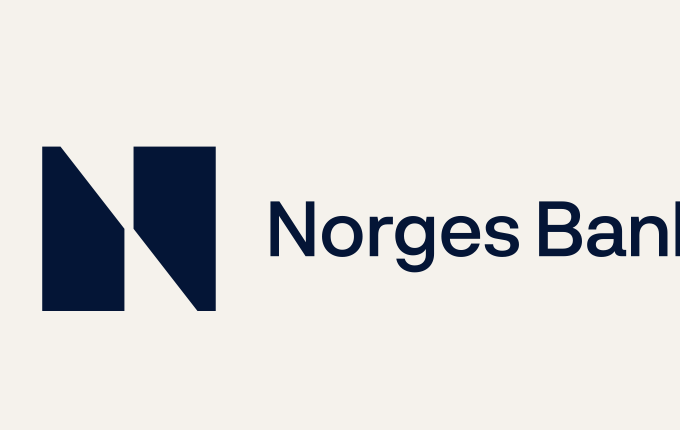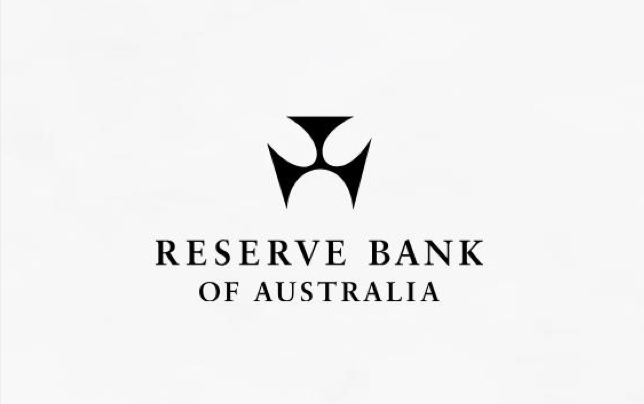
10 Ways Your Company is Driving Away Talent
By Angela McDonald
For the sake of stating the obvious, there is ‘no forever,’ even in the workplace. In fact, people are bound to leave. Senior executives leave, top-performers resign, and even the promising ones who are being shaped to become next-generation managers, tender their resignations when you least expect it.
There’s no mystery here, just cold, hard facts. What’s surprising to most companies are the ways that they unconsciously drive away top talents.
Aside from exceptional employees leaving companies, one thing that bothers HR professionals is the challenge of hiring the best talents possible.
Either way, here are some of the ways companies, unintentionally lose their grips on top talents.
1. Inflexible Work Schedules
Since today’s workplace is dominated by Millennials, even a recruitment agency knows that work-life balance is a crucial factor for this demographic.
The majority, if not all, of Millennials look for flexible working schedules before analyzing the other details of a job post or offer. Hence, many companies have started offering flexible work schedules to ride this wave. In fact, many startup companies even offer once-a-week, work-from-home scheme as part of their employee benefits.
Organizations who are quick to adapt to this shift will attract more top millennial talents. Otherwise, top talents who value their work-life balance will not even bother applying to the want ad.
2. Lack of Upward Feedback Systems
In the present day’s modern corporate arena where Millennials expect to work for and with leaders not bosses, the lack of an upward feedback system fails to keep them engaged.
High-performing individuals prefer to work for and with leaders who accept feedback from teams. The ability to share how you feel towards a leader or your thoughts on a team decision is something that many people value, especially in today’s corporate arena where innovation takes center stage.
Apart from getting a fresh perspective and improving productivity, having an upward feedback system helps foster constructive criticism to address inefficiencies and conflicts before they get out of hand.
3. A Choking Working Environment
Because of the internet, the world has gotten smaller. Everyone has become interconnected such that advertising has gone to social media and the World Wide Web.
Many companies understand how social media can become their new interactive platform and how their own employees can be transformed into social media ambassadors. Many recruitment agencies even use social media to find talents. This is why many companies set up several policies to effectively use social media in the workplace during work hours.
Still, many are not sold on the idea. If you are in the creative industry, blocking access to the World Wide Web is like cutting your talents off their daily java. The more you restrict, the more people find ways to do the same. So, why not embrace this new business tool in the workplace and let social media work to your advantage?
It’s just like when customers venture into a coffee shop, and you don’t have free Wi-Fi, they will, then, look for it somewhere else. As many establishments have it already, you are likely to be left behind.
What I’m trying to say here is that companies who don’t believe in social media should focus on output. If tasks are not delayed and goals are met, what’s the harm in going online during work hours?
4. Lack of Self-Improvement Programs
These days, people look for jobs that do not just pay the bills. Rather than just jobs, they search for careers, and a recruitment agency is quick to align their initiatives to this new dream.
Job seekers look for opportunities in companies wherein they can grow professionally and personally. That’s why many young professionals want to work in companies whose core values reflect their own.
Then again, many companies fail to maximize a newcomer’s potentials by not having internal programs that can help people develop their skills. The availability of mentoring programs can lower turnover rates because individuals feel confident that they are well taken care of, and there is a clear career path that he or she can follow.
Career development is important in today’s workforce. It’s a good way to attract top talents and keep them for as long as you can.
5. Recruitment Is Afraid to Approach Millennials
Many companies have a love-and-hate relationship with Millennials, who are considered to be flighty and problematic. Astudy theorized that by 2020, Millennials will make up 50 percent of the global workforce. The Baby Boomers are retiring, and because of the startup scene success, the Millennials are not just dominating the workplace but the business arena as well.
However, many companies opt not to change their ways for attracting and keeping talents from the Millennials pool. This is the type of corporate vibe that Millennials shy away from—the type that doesn’t want or is afraid to innovate.
The business world is changing, and if you want your company to harness the powers of this talented, highly creative, and smart-working demographic, your recruitment agency must reflect the small changes you’ve set up internally.
6. Hiring Employees Who Fit “The Mold”
Job seekers nowadays are skillful in investigating employers and their policies. So, even if they are not yet on board, they will find out if your company is the type who only hires certain people who fit ‘the mold.’
One way companies drive talents far away is when they only look at the candidates’ schools, degrees, and certifications. Every recruitment agency knows this: just because someone looks great on paper doesn’t mean they will thrive when they’re rolled out.
Many promising candidates turn out to be disappointments when both the employee and the employer realize the candidate is not at the right place at the right time. This is why you must be on the look-out for candidates who don’t necessarily fit the mold, but can become new models who can drive teams to greater heights.
7. Companies With No Lateral Movements
Innovation and collaboration are two important trends in the workplace nowadays, as these two help companies become better businesses. Companies who frown upon lateral movements such as a transfer from one department to another, people end up being stuck in a place that only affords them mediocre work.
There are many employees in multinational companies who started out in one department but thrived when they shifted to another. Companies who allow this kind of strategic movement empower their employees to map out their own careers internally and in the long-run.
8. Companies With No Vision of the Future
Just like in relationships, people want to know where ‘this is going.’ Companies who don’t share their goals to their employees, especially those who lack foresight, are likely to lose top talents fast.
High performers are pro-active. They want to know where the road ahead is leading, they want to know the big picture, and how their contributions will play out.
9. Belittling People with Out-Of-The-Box Ideas
Companies who encourage collaboration and innovation but belittle people for sharing out-of-the-box ideas are not just hypocritical, they are also insulting.
Many companies ask teams to come up with suggestions to improve a particular task, but end up saying ‘that’s too costly’ or ‘that’s not how we did in year xx.’ Worse, they end up belittling people who actually have good ideas.
These are the types of companies who are stuck with their old tricks because they don’t really want to try something new. As a result, employees end up feeling more frustrated and deliver mediocre work.
10. Confusing Job Ads
Of course, some problems start way before talents sign the contract. If your company advertises job openings online, that’s great. But, if the company website doesn’t have a landing page for employment opportunities, talents either end up not applying or become frustrated in trying to search for more information about the company.
Some websites have online job portals that take forever to fill out. Remember, we are still at the awareness stage of the recruitment funnel. So, make it easy for talents to find you and reach out to you.
As cliché as it may be, employees are a company’s greatest asset. To ensure that your business continues to grow, do not overlook your people’s needs, and as much as possible, give them the best to avoid losing them.
First appeared at Manila Recruitment




